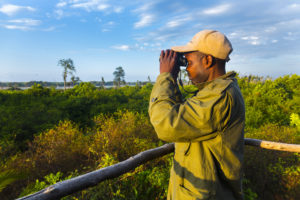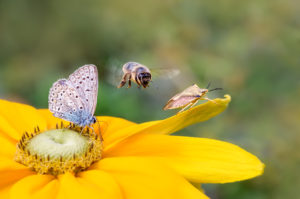In addition, there is a 2 week practical training placement at a Game Reserve in South Africa, this costs £1,485.00 which is payable directly to our partner when booking the practical dates.
This Course Includes a 2 Week Practical Course in a Game Reserve in South Africa
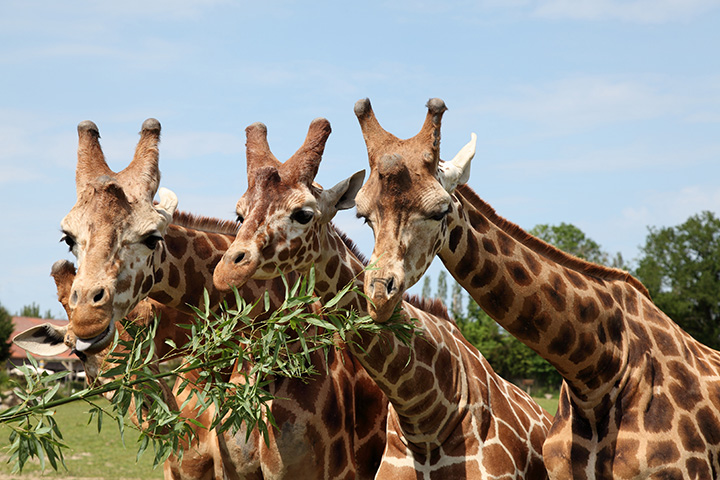
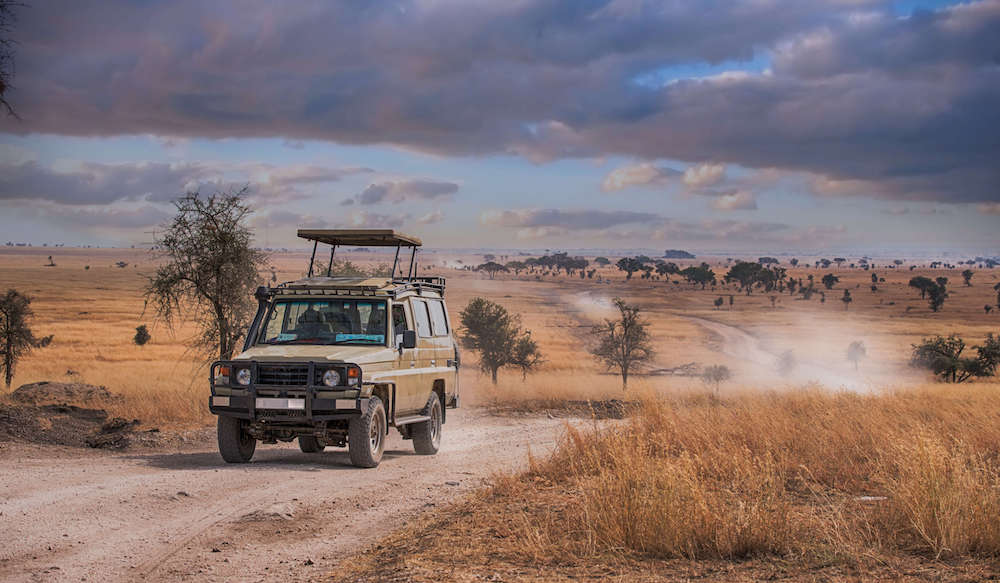
This course includes a 2 week practical training placement in a Game Reserve in South Africa where learners will gain exposure to a cross section of eco-systems to learn about a variety of wildlife and conservation techniques. South Africa is the only country in Africa that can claim to have more wildlife today than it had a century ago. This conservation success story forms part of this trip; learners will be provided with a stimulating programme that incorporates both theoretical and practical wildlife conservation applications across a broad spectrum of current and relevant concepts and principles including:
· Understanding local ecology
· Animal behaviour and survival strategies
· Wildlife monitoring
· Wildlife census
· Wildlife management
· Vegetation management and monitoring
· Conservation vs Wildlife Farming
· Human-wildlife conflict
The practical trip is packed with opportunities to learn through hands-on practical experience.
Opportunities to encounter wildlife such buffalo, elephant, rhino, leopard, hyena, giraffe, wildebeest, zebra, warthog and 12 different antelope species offer considerable opportunities to study and learn about African Wildlife and its conservation. All training, accommodation, meals, transport, entrance fees, Game Drives and early morning bush walks are included.
Successful completion of the theory course results in the Ofqual regulated Level 3 Diploma in Sustainable Wildlife Conservation and Biodiversity Management. The practical training is an additional recommended optional part of the course as a way of gaining valuable hands-on experience.
Level 3 Diploma in Sustainable Wildlife Conservation and Biodiversity Management
The Level 3 Diploma in Sustainable Wildlife Conservation and Biodiversity Management has been designed to suit those working, or wanting to work, in careers related to biodiversity management and wildlife conservation.
The qualification looks at how important soil, vegetation and the climate are for wildlife conservation and biodiversity.
Learning is flexible and study is conducted online with the support of a dedicated tutor.
What you will study
During the qualification you will study:
- The ecological concepts and functions important to conservation.
- The role of biodiversity and how it can be managed.
- The methods and techniques used to sustainably manage wildlife populations.
- The biodiversity-based economy and how this can contribute to addressing modern global challenges related to socio-economics.
Course Summary
Unit 1
The Role of Soil and Rock in Conservation and Biodiversity Management
The learner will explore how wildlife conservation and biodiversity management starts with the soil, as well as understanding rock types and how they affect soil composition. Learners will also develop an understanding of the rock cycle, the process by which soil is made, and the role and mechanisms of weathering and erosion.
Unit 2
The Role of Vegetation and Climate in Conservation and Biodiversity Management
Learners will develop an understanding of how the climate affects soil and vegetation and the role of vegetation in soil conservation. The Learner will also understand plant succession and climate vegetation as well as understanding the influence of soil and climate in determining vegetation types. In addition, the Learner will come to understand the concept of ‘invasive alien vegetation’ and its implications for wildlife conservation and biodiversity.
Unit 3
Principles of Conservation Ecology
Learners will gain an understanding of ecology in the context of wildlife conservation and biodiversity management, whilst developing their understanding of ecosystems and ecosystem services. Learners will also understand trophic levels, the energy cycle, food chains and food webs in the context of wildlife conservation and biodiversity management. In addition, Learners will come to understand ecological niche in the context of wildlife conservation and biodiversity management.
Unit 4
The Role of Biodiversity
Learners will develop an understanding of the pivotal role of biodiversity in the natural world, how biodiversity can be lost and what actions might be taken to protect biodiversity. Learners will know how animals and plants relate and communicate with each other and how ecosystems interconnect and support life. In addition, learners will also understand how biodiversity contributes to the resilience of ecosystems.
Unit 5
Principles of Biodiversity Management
Learners will develop an understanding of open and closed natural systems, succession and the factors which influence it as well as coming to understand cumulative change and the impact of this on biodiversity. Learners will also understand how the vegetation of a closed system determines the wildlife the system can sustain and understand how invasive alien plants threaten biodiversity and the management interventions which can mitigate these threats.
Unit 6
Conservation, Preservation and Wildlife Management Options and Interventions
Learners will explore the differences between the concepts of conservation, preservation, and wildlife management. Learners will develop their understanding of the factors that aid in wildlife management decision-making and the different management interventions within the different management options available. In addition, the Learners will also understand animal behavioural ecology within population dynamics and management.
Unit 7
Principles of a Biodiversity-Based Economy
Learners will develop an understanding of the concept of a biodiversity-based economy and the value of sustainable-use conservation within a biodiversity-based economy. The Learner will also understand how management interventions can generate economic benefits and develop their understanding of the role of animal rights organisations within biodiversity conservation.
Career Progression
The conservation industry is an active and expanding sector. Employers include governments, businesses and charities. Career choices can be focused on areas such asconservation, monitoring, research or policy. Examples of what jobs may involve include, working to provide sustainable food for the future or helping large companies manage their environmental impacts.
On completion of this qualification, learners may choose to progress onto higher level study, practical occupational training, a volunteering position or a career in wildlife conservation and biodiversity management.
Why study the Level 3 Diploma in Sustainable Wildlife Conservation and Biodiversity Management?
This qualification will enhance candidates’ job prospects and provide the underpinning knowledge for a successful career in the wildlife conservation and biodiversity management sector.
Gatehouse Awards (GA) qualifications are designed to give candidates the skills to be active in the modern labour market and progress in their career and/or into higher level study.
This qualification is regulated by the Office of Qualifications and Examinations Regulations (Ofqual) in England and are part of the Regulated Qualifications Framework (RQF).
*You will have access to the course for 9 months only, after which, you can purchase extensions.
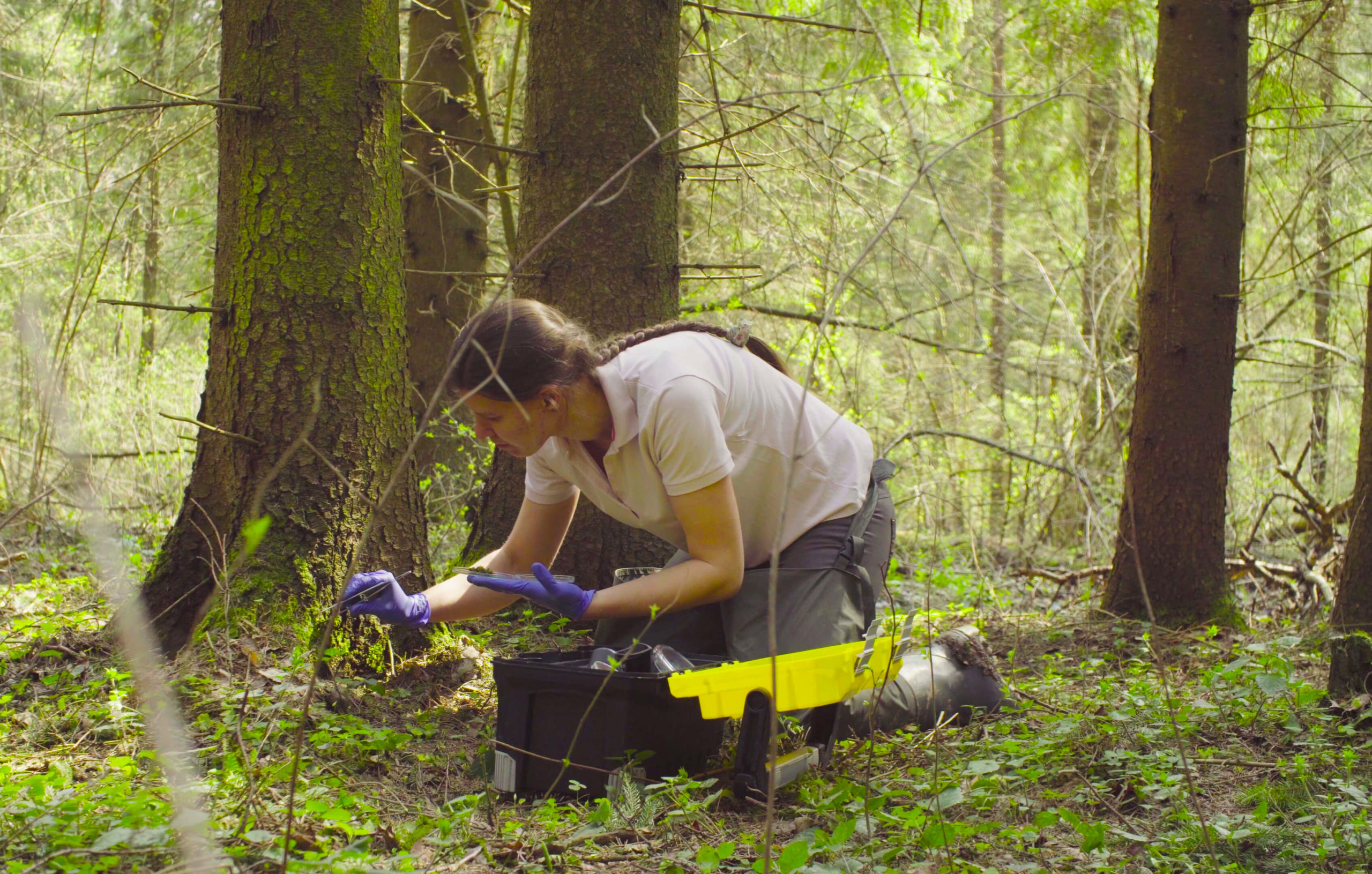
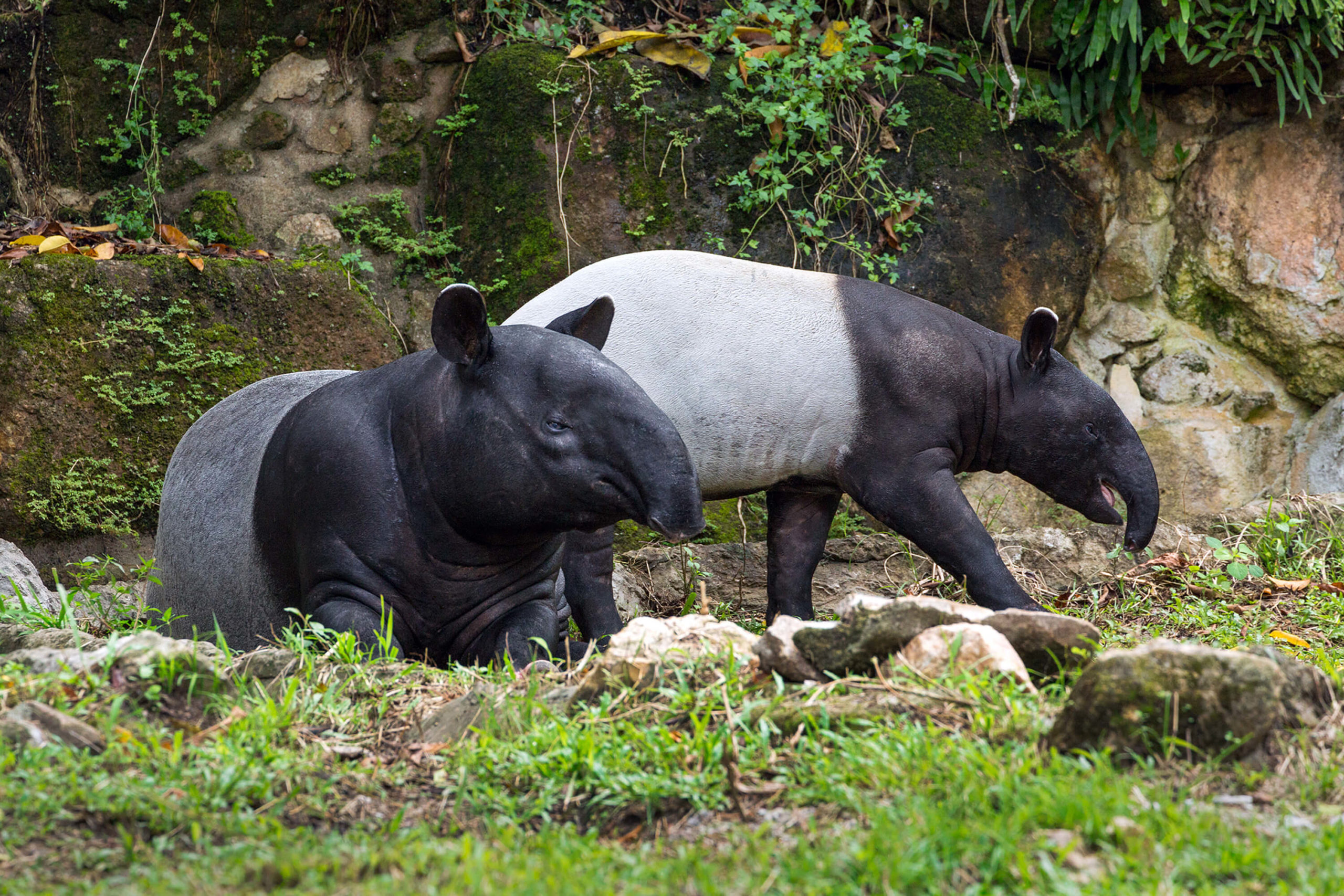
We offer a selection of accredited and employer recognised courses specifically designed for careers working with animals.
If you have any questions about our courses, please contact us.
We’ve assisted many people to achieve their goal to work with animals. Read more about our 5-star reviews and student success stories.
Gain relevant training to achieve your goal to work with animals.



